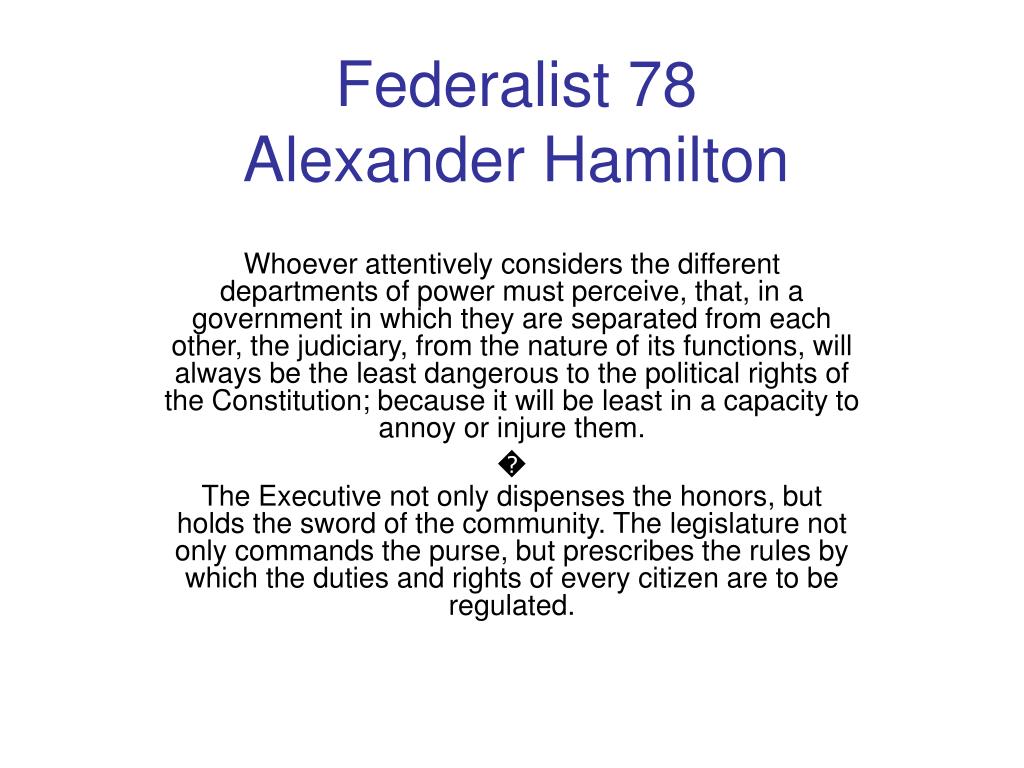

Observing history the livelihood of citizens cause the population to be ill suited for war. War increases executive authority at the expense of the other branches of government.Įxtreme defense would likely give rise to oppressive government practices. By its nature, a militaristic state strengthens the executive arm (from which a monarchy could emerge).

The frequency of conflict and the need for defense will necessitate a ready armed force for defense. The new Constitution does not prohibit standing armies and it is inferred that a perpetual army will exist.

"To be more safe, they at length become willing to run the risk of being less free."
.jpg)
The physical damage of armed conflict compels nations to implement a military deterrent and in doing so an overly militaristic culture diminishes the civil and political rights of the people. The motivation for a union is safety, being aware that no matter how great the nation's commitment to liberty, some freedoms are compromised in order to achieve protection. Additionally, if not unified, populous states motivated by greed might plunder weaker states for their resources. Their alliances or disunions create circumstances similar to European nations, where the cycle of aggression between neighboring nations creates the need for domestic armies and fortifications. If the states do not unify into a single nation there will be a perpetual cycle of conflict between neighboring states. It is titled " Consequences of Hostilities Between the States". In it, Hamilton argues for the utility of the Union to the well-being of Americans, specifically addressing the negative consequences if the Union were to collapse and conflict arise between the states. It was first published in The New York Packet on Novemunder the pseudonym Publius, the name under which all The Federalist papers were published. 8 is an essay by Alexander Hamilton, the eighth of The Federalist Papers.


 0 kommentar(er)
0 kommentar(er)
